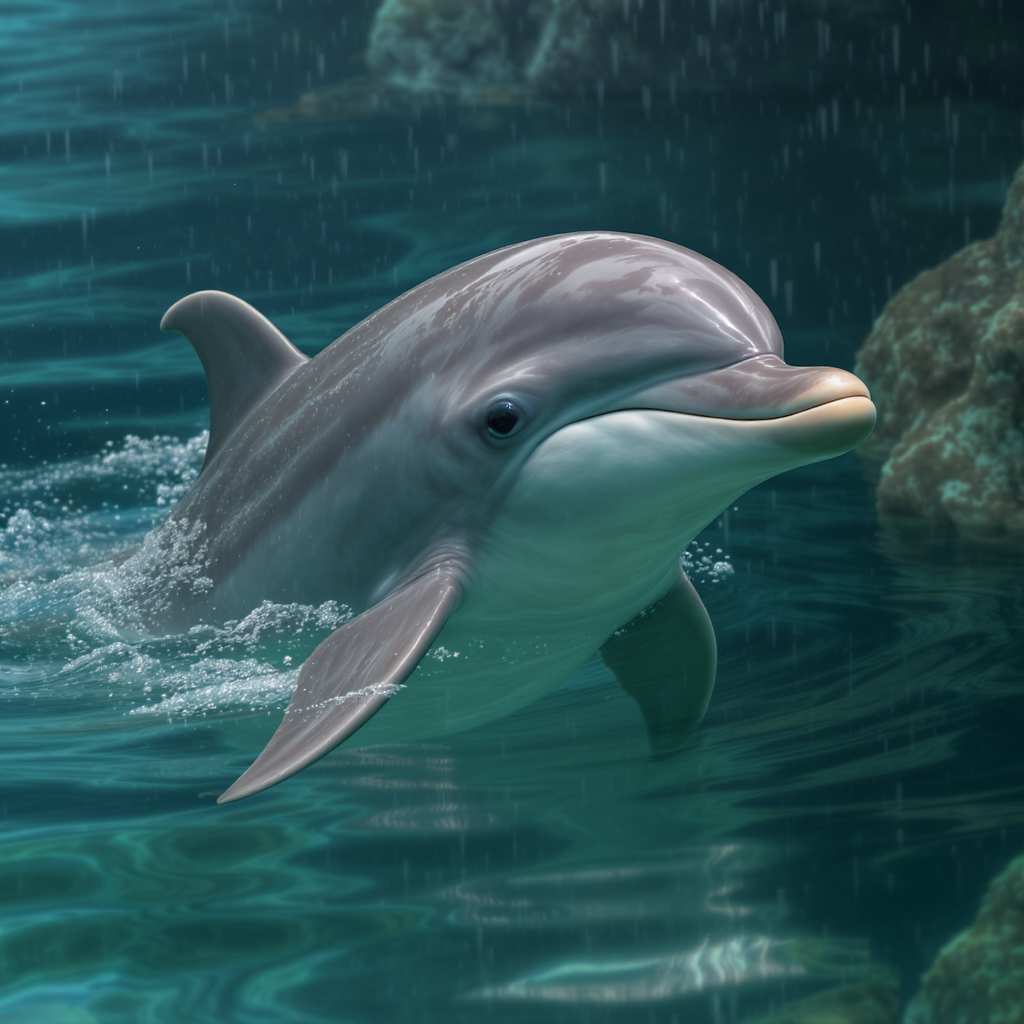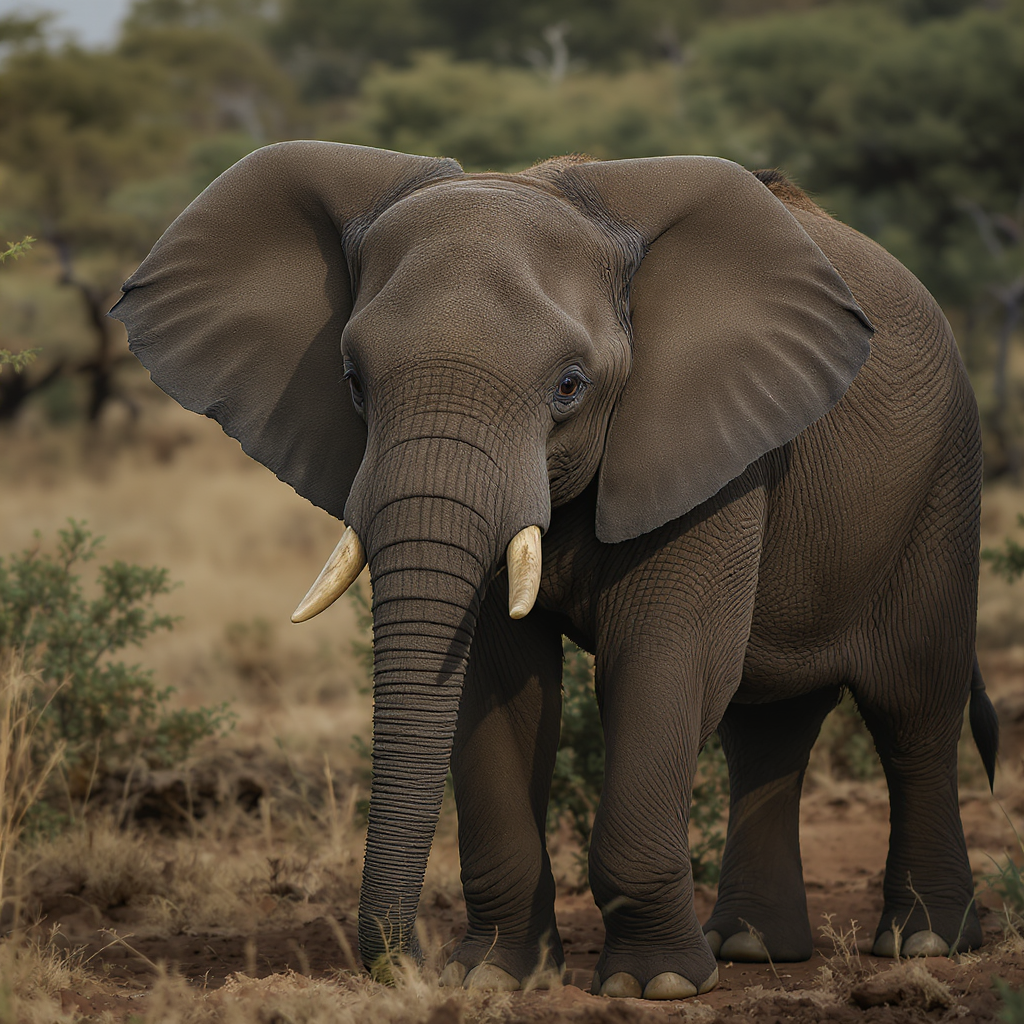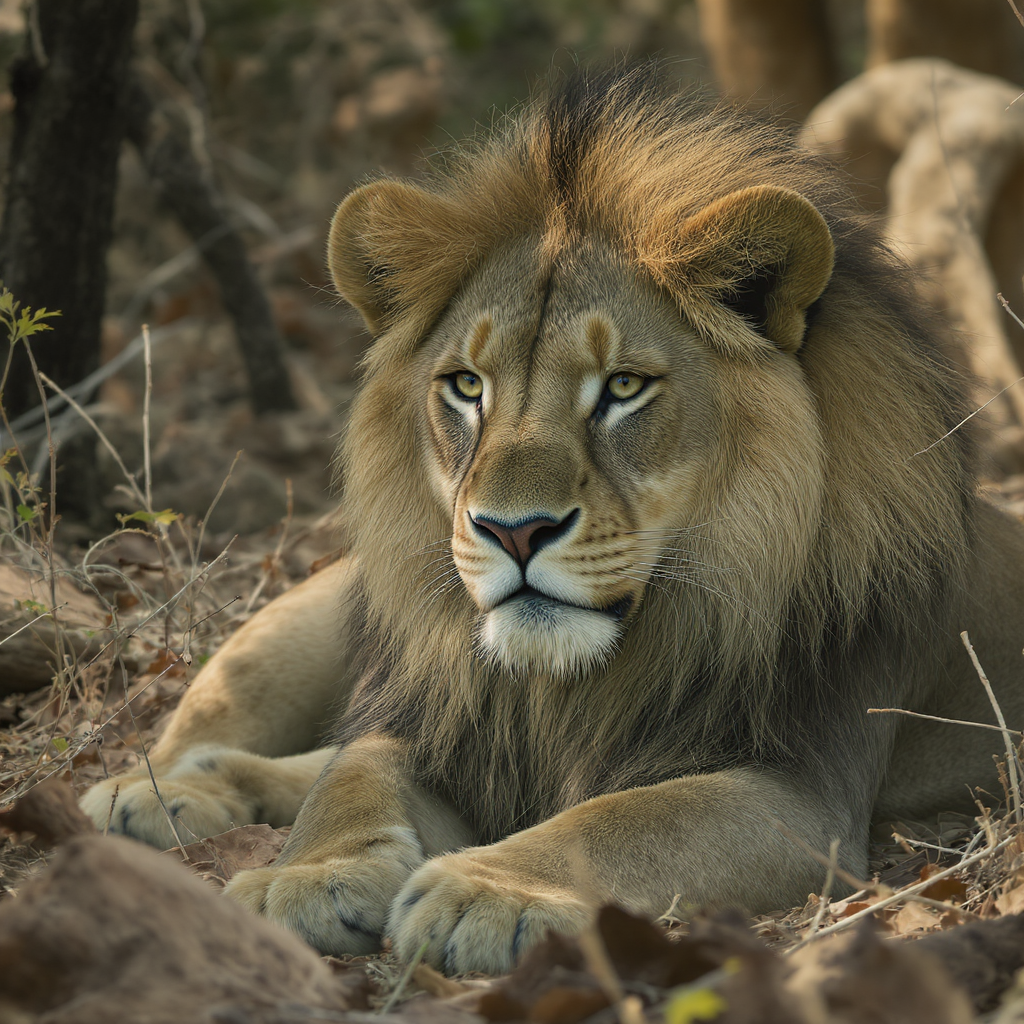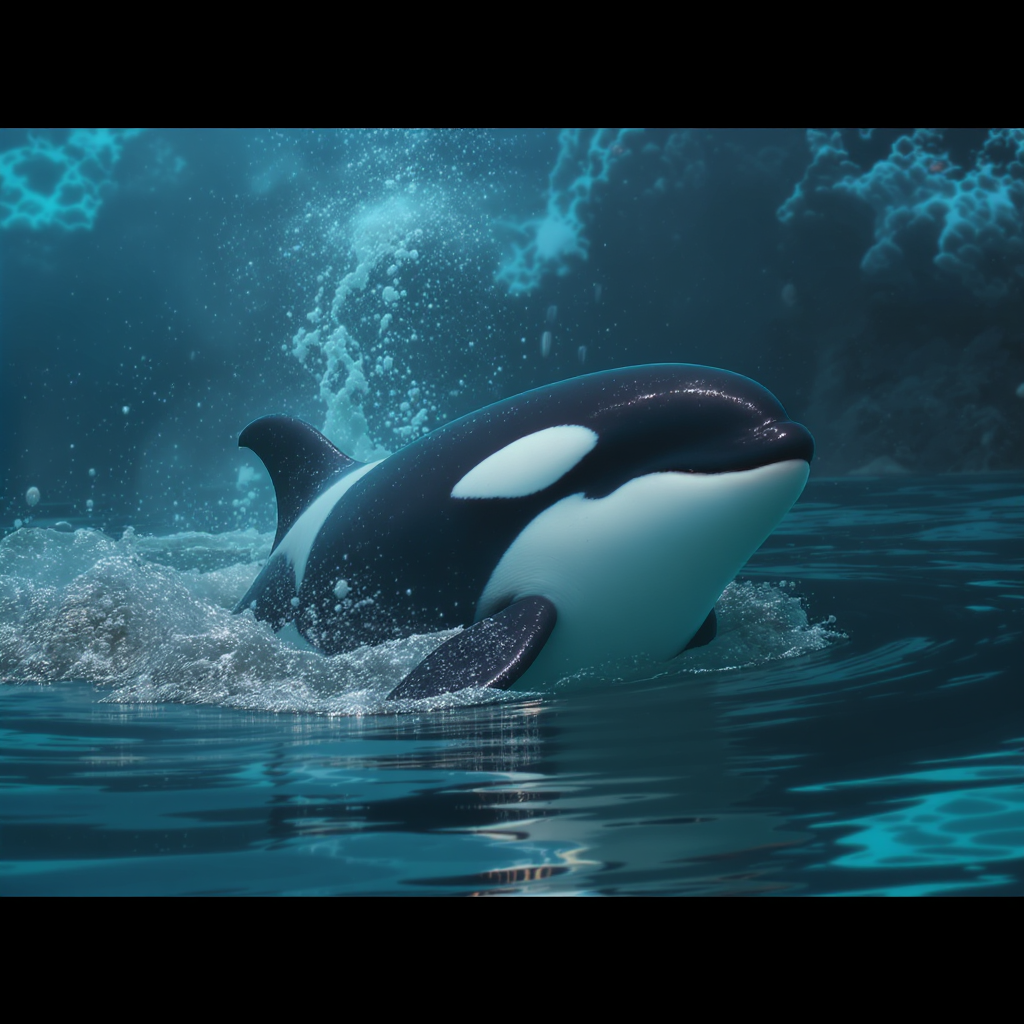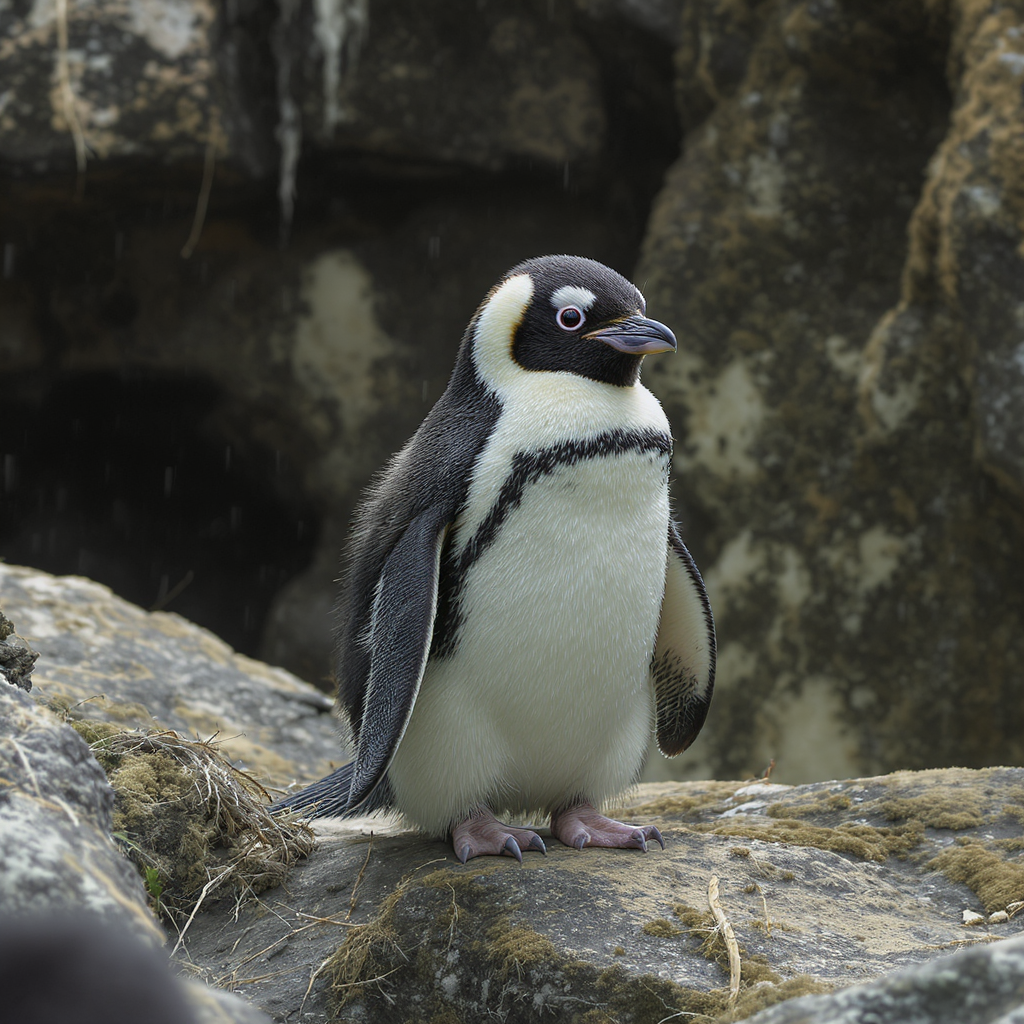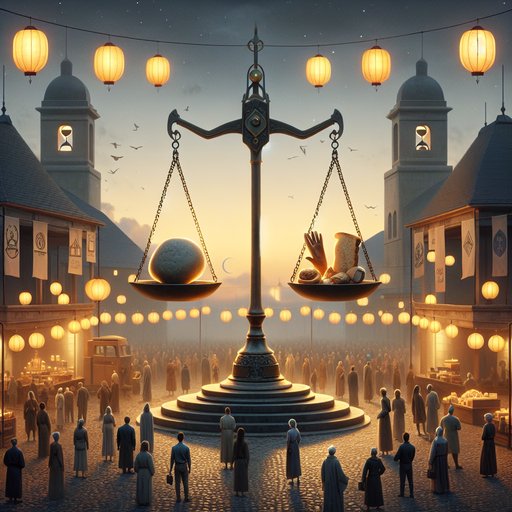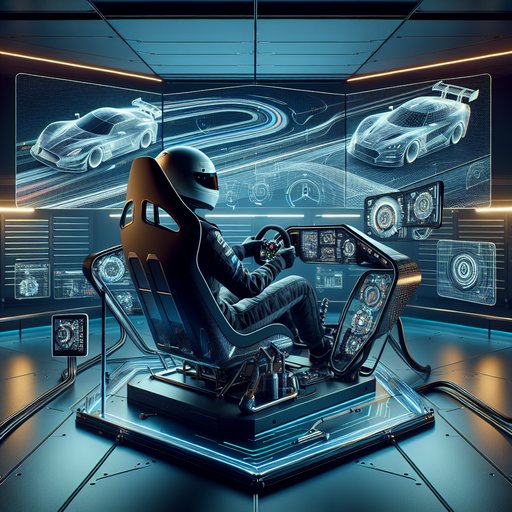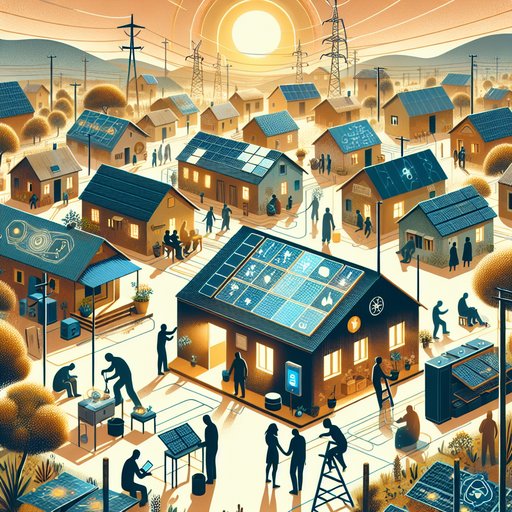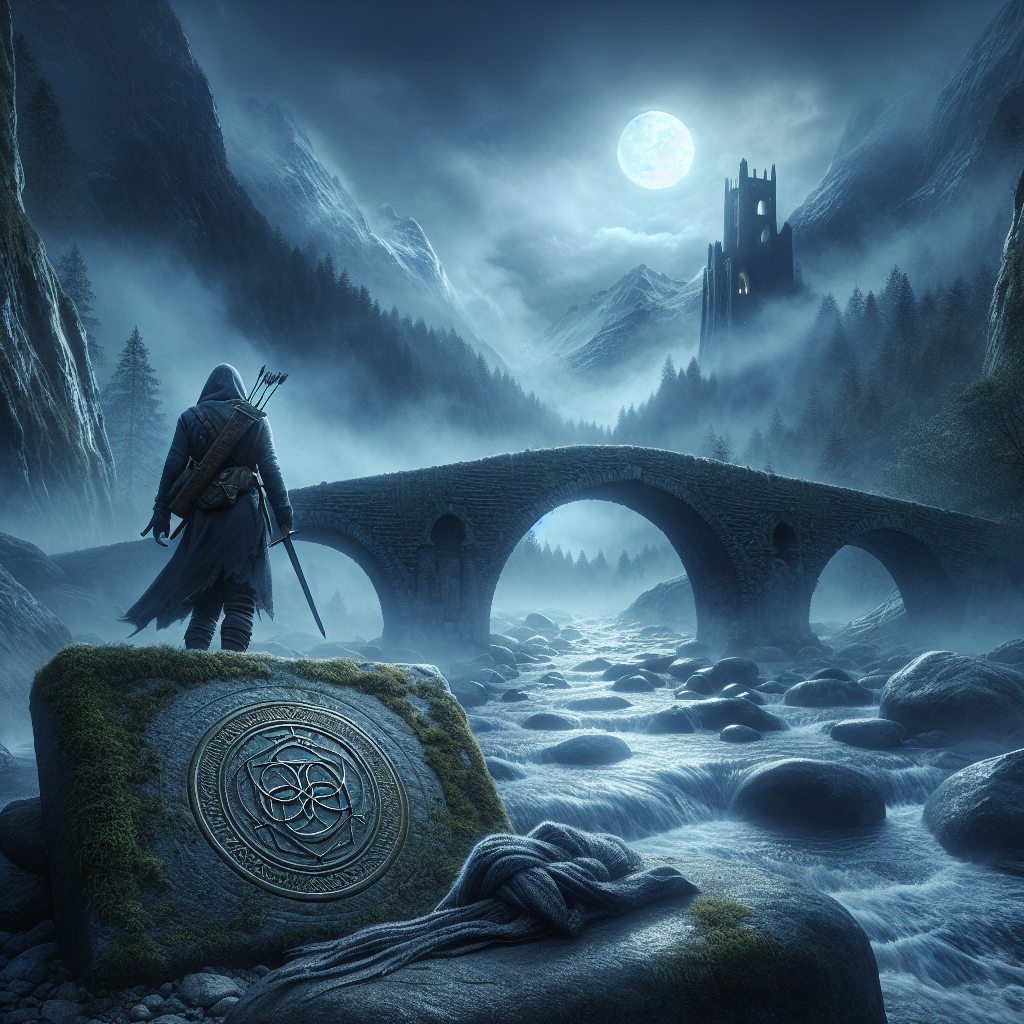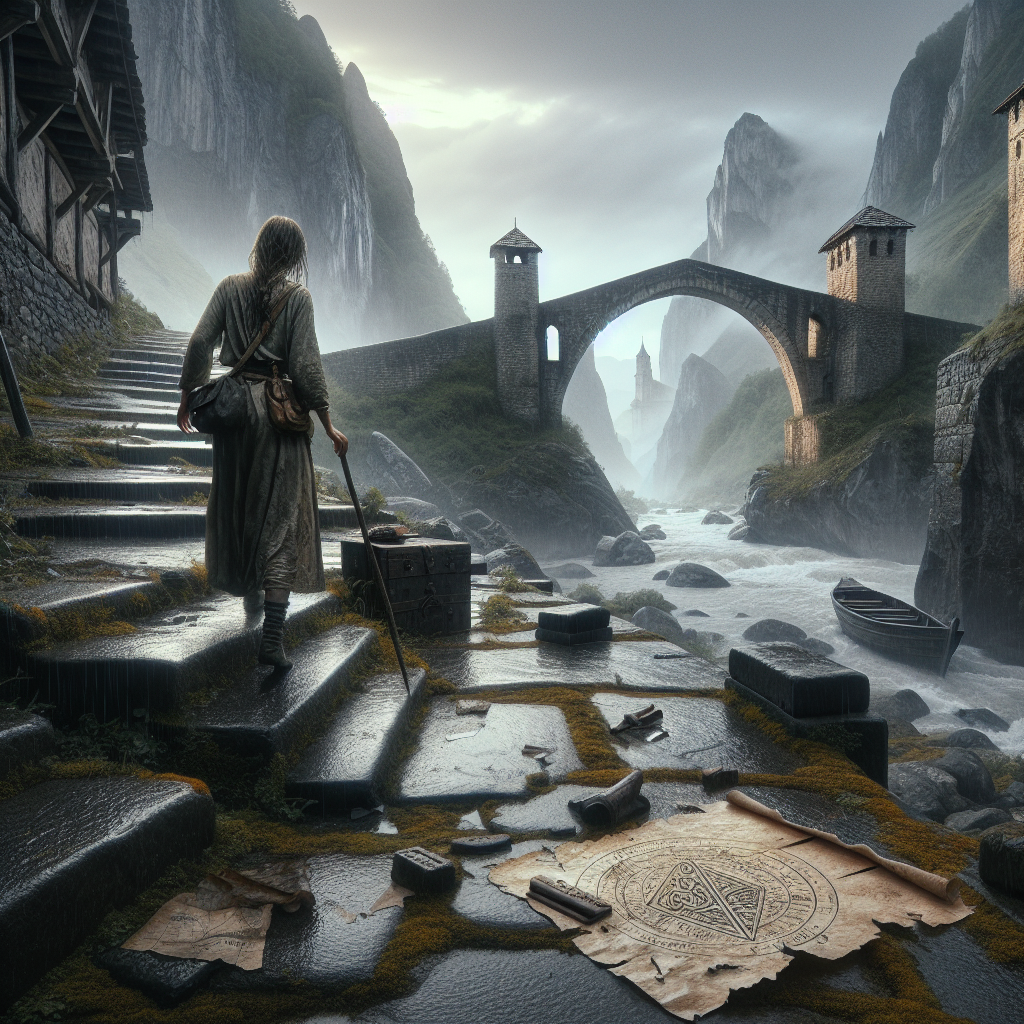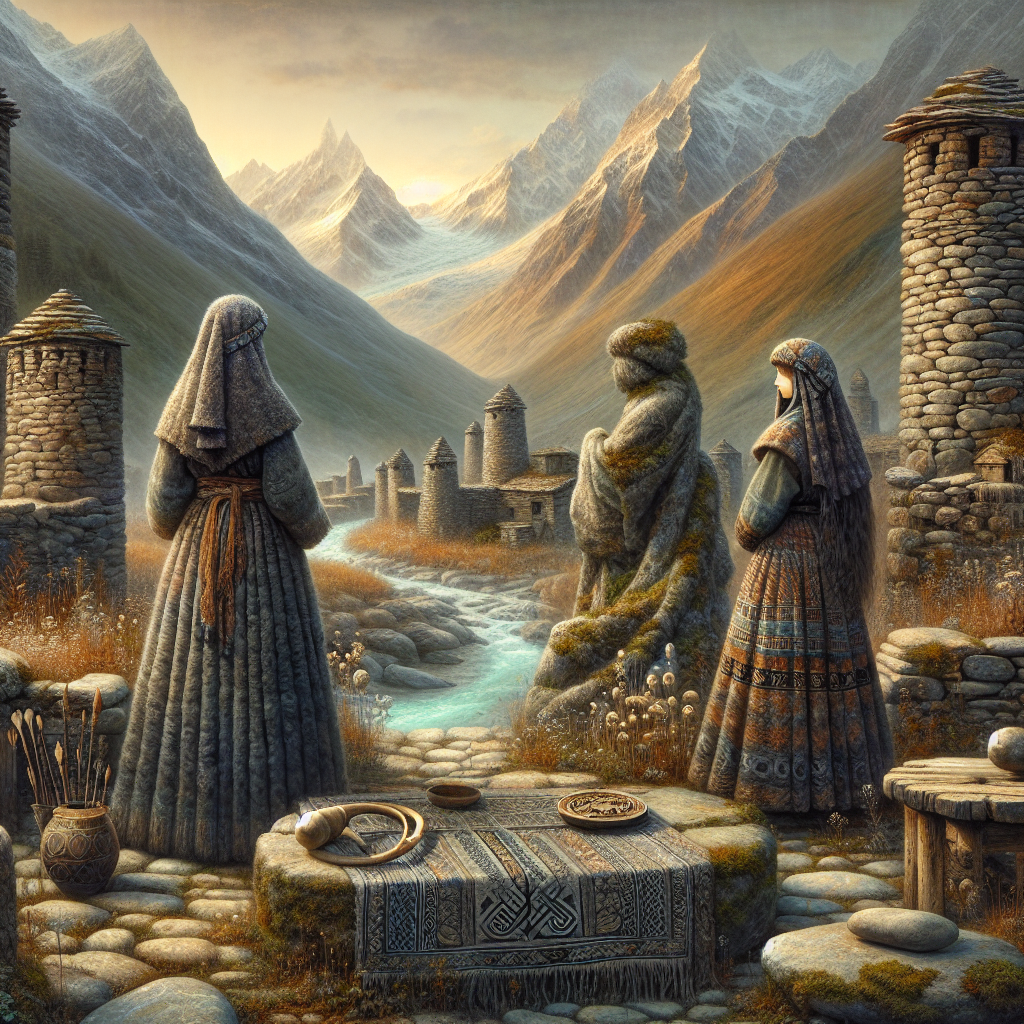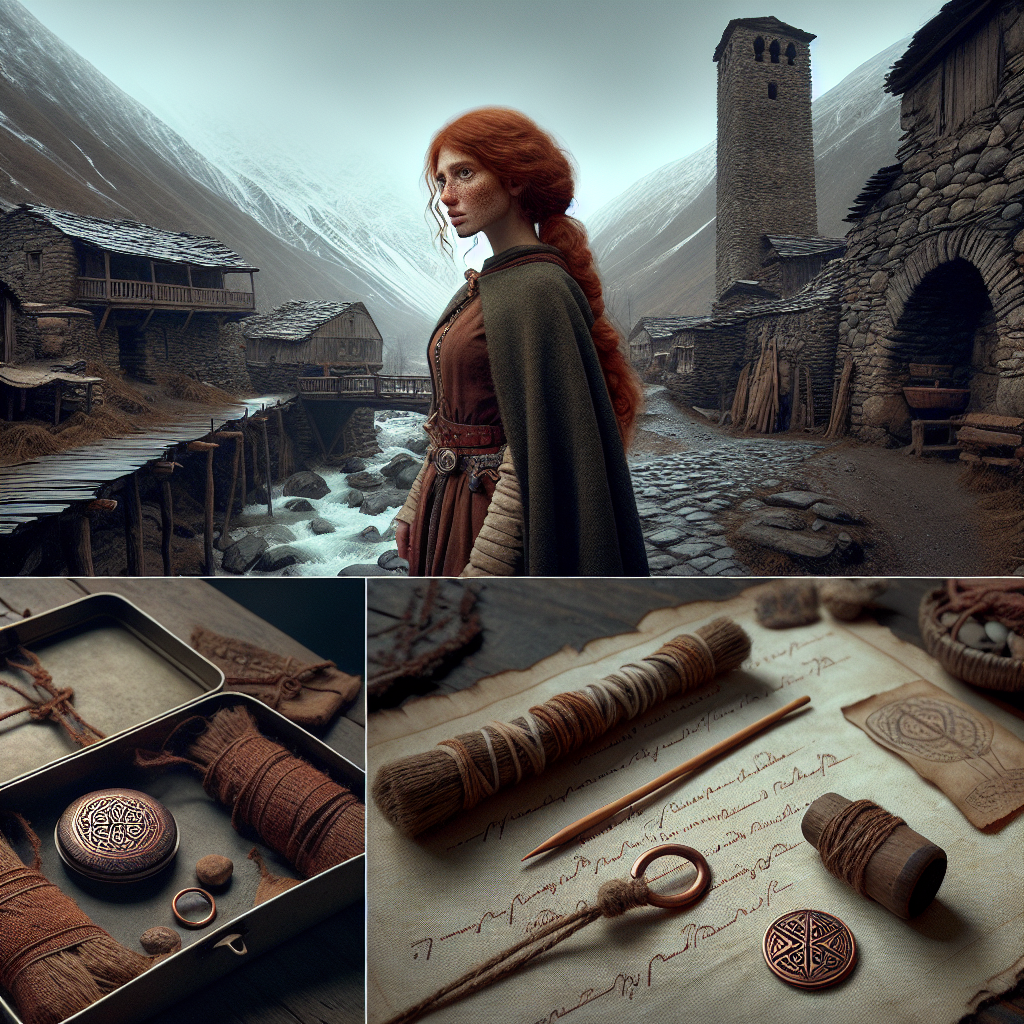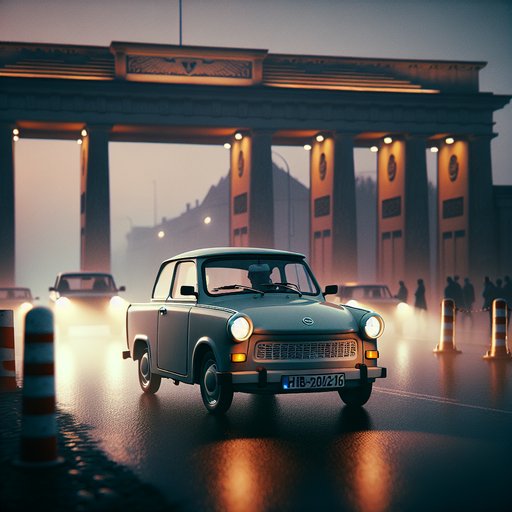
It did not look like a symbol. The Trabant 601 was squat and square, its panels made of Duroplast and its little two-stroke buzzing above a steel backbone conceived in an economy of shortages. But on a cold evening in November 1989, when a border long thought immovable lifted, the car that had been a compromise became a banner. In a haze of oil-scented exhaust and jubilation, the Trabi carried its owners across a vanished line. The images lasted longer than the smoke. They turned a humble machine from Zwickau into a shorthand for freedom, rebellion, and a shared identity that survived the century’s most concrete divide.
In Zwickau, the factory floors echoed with a clipped rhythm of presses and riveters, a cadence that persisted even when new steel was scarce. Panels of Duroplast—the cotton-fiber and resin fabric born from constraints—were pressed and cured, then hung on a steel shell that had more stubbornness than grace. Engines arrived as a promise that could be heard rather than seen: two cylinders, two strokes, the kind of engineering that rewarded patience more than speed. Workers slid them into place with practiced movements and once the wiring was cinched and the doors hung, a starter cough resolved into the familiar snarl.
On a long line, a car took shape, not as an object of desire, but as an attainable certainty in a country that did not hand out many. There were waiting lists and forms, stamps and numbered slips tucked into drawers, because everything that moved required a permission. People measured years by the time between placing an order and receiving a key, and the day that finally came was celebrated under fluorescent lights and concrete ceilings. The ritual belonged to everyone: the cup of oil in the glovebox, a funnel, and a half-whispered calculation at the pump to find the right mix.
Fuel and oil swirled and turned translucent like tea, and when the little engine caught, a puff of blue smoke affirmed that the recipe was correct. If the streets were watched, the cars were the one place where decisions felt personal—when to leave, which road to take, how to pass a truck near the river without drawing attention or waking the storks on the wires. Families loaded the trunk with tools—spare plugs, a length of fuel line, a wire brush—because the bad roads and longer trips taught a kind of summer-course engineering. It was the habit of these cars to be tended rather than used.
Hinges creaked with a sound that could be hushed by a drop of oil; when the carburetor hiccupped on a warm day by the Baltic, a driver clearing it by the roadside was as common a sight as a gull. The car did not demand reverence; it made room for ingenuity. A bicycle rack might be a handmade thing that fit because it needed to. Holiday trips to Lake Balaton or the Baltic coast were an atlas of little triumphs—finding a spot near the dunes, coaxing another hundred kilometers out of a tank, pinning a souvenir under the rearview mirror as if to press a leaf.
Autumn 1989 opened like a stiff door. In the hours after a confused press conference, the rumor of movement poured into neighborhoods and down concrete stairwells. People who had learned to count on caution stepped into hallways carrying coats and small bags. Some drove.
At Bornholmer Straße, the lamps cast pale circles onto the pavement and the cranes beyond the railway yard stood like frozen birds. A line of little cars, blue-smoked and buzzing, tilted their noses forward and then all at once were rolling. The checkpoint, a place of commands and signs, became a street. The sound was unlike any that had come from that crossing before: horns trumpeting, engines stuttering with excitement, applause rising from both sides of a border that had only ever divided air.
On the Kurfürstendamm the next day, the avenue moved like a tide, new and old currents working out a path around one another. Trabis joined the stream the way river boats slide into a bigger flow—hesitant, then proud. West Berliners climbed onto bus stops and cheered; hands found each other through windows; flowers appeared on dashboards. In a dozen television shots that would be replayed until their edges went soft, a compact car sputtered beneath neon and poured a faint smoke into the night like incense, sanctifying sidewalks that had not expected redemption.
No one looked at the little car and saw a compromise; they saw a victory held together by bolts and belief. The days after were measured not just in headlines but in kilometers. The same cars that had been rationed by lists now crossed bridges and ring roads, went to grandparents in the suburbs of the Ruhr, to sisters near Hamburg, to shops where the light fell on displays that had been photographs on a wall for too long. The speedometer needle was steady in the middle of the dial; the city names outside the windshield were both familiar and fantastical.
An identity that had been enforced by addresses shifted to something chosen: people deciding where to stop for coffee, how long to linger at a window, whether to take a picture of their car beneath a sign that had once been only rumor. The transition that followed was hard on machines. Better-used Volkswagens and Opels arrived with four-stroke silence and heaters that breathed warmth within a minute. Scrap yards grew a new geology of pale blue and cream shells, and the air lost that particular tang of two-stroke oil.
Regulations and expectations turned quickly, and a great many little cars were traded for reliability and rustproofing and radios with more than two clear stations. The Trabant became an allegory in the space of a season: a thing to laugh at, then to miss, then to find in a museum. Still, on Saturday mornings, a few idled on quiet streets, someone polishing a headlight chrome ring by habit, another lining up the hood emblem so it faced true. In Berlin and Dresden, fleets painted in cheerful colors began to offer tourists the chance to lead a convoy through the city, remembering history at 45 kilometers an hour.
Zwickau adapted, as factories do. Where workers once assembled little engines and poured resin into presses, new lines and new rhythms arrived. Volkswagen badges replaced the old VEB signage, and the town’s automotive past became part of its tours and museums—the August Horch story sitting alongside a display of a late-model Trabant 1.1 with a West-built engine, a final twist in the tale. The last example to leave the line wore signatures beneath its paint, an autograph book made of bodywork.
If you stood on the old factory floor and closed your eyes, you could still hear it: a cough, a rattle, a cheerful ring-ding that once rolled across cobbles and out through a gate that no longer exists. Nearly three million of them were made, and that number tells less than the photographs do. A car parked beneath the Brandenburg Gate with a sticker that turns a bullet hole into a heart. A postage stamp with a tiny boxy silhouette.
A parade down the Ku'damm on anniversaries, when people gather not because the machine was fast or comfortable, but because it carried meaning on roads that had none. The Trabant 601 is history you can touch with two hands and push a little when it sticks; it is the sound and smell of a promise kept after being made to wait. Its rebellion was not in power or speed, but in accumulation—of miles, of intent, of finally getting to the other side without asking permission. Symbols are rarely designed.
They happen when ordinary things move at the right time in the right place and then refuse to be only what they are. The Trabant’s panels still carry dust from long trips and parades, and its seats still smell faintly of hard winters and summer lakes. In the end, freedom looked like a small car filled with people crossing a line, blue smoke trailing and arms waving, a moment when history fit into a parking space, turned off its engine, and listened to the cheering. In that image, everyone who ever tightened a clamp or folded a map felt something unsecured inside them finally click into place.





